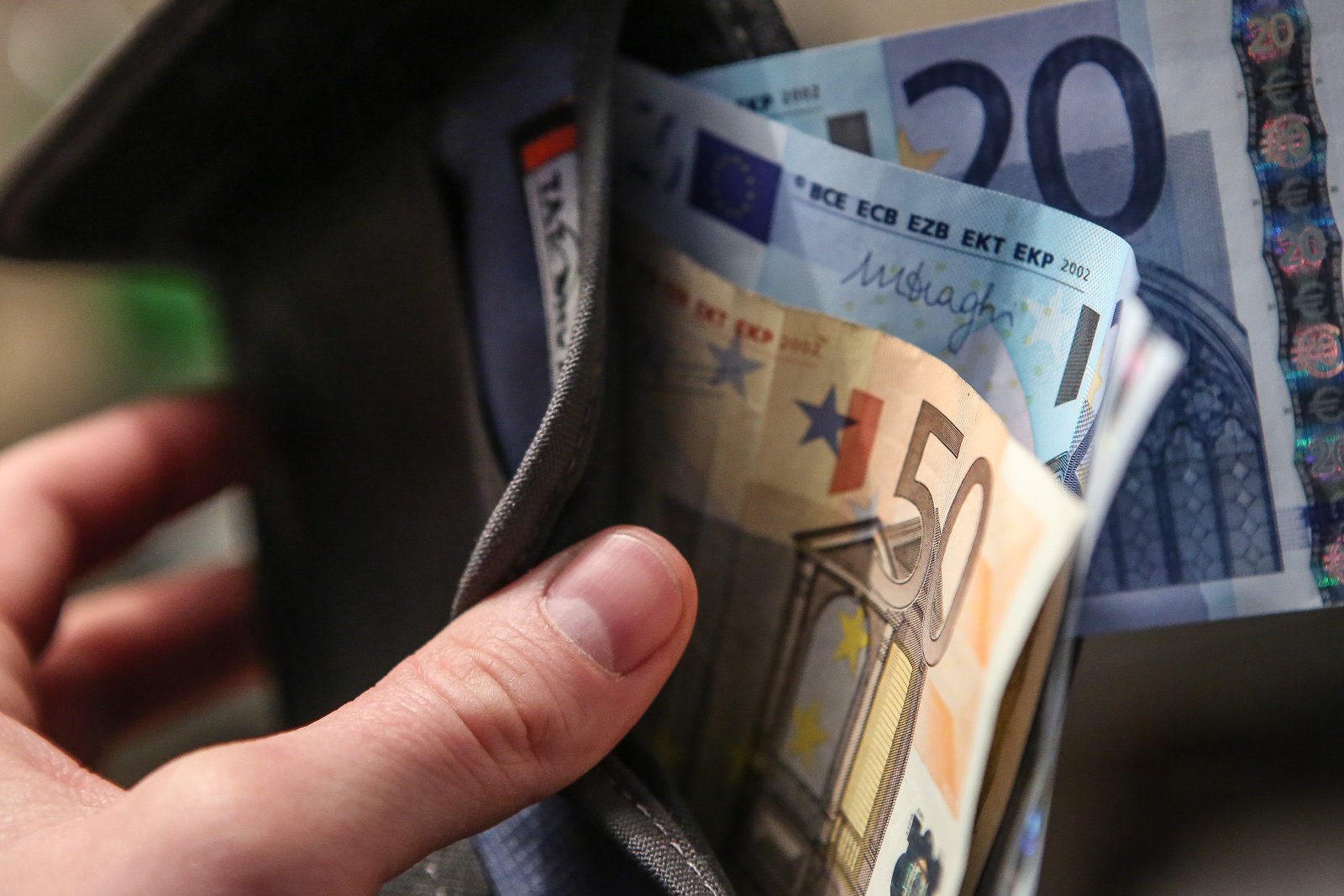

DELFI / Kiril Čachovskij
The minimum wage increase will be the third since the coming into power of the incumbent coalition government at the end of 2012. Since that time, the minimum wage has increased by 79 euros.
Meanwhile, Rūta Vainienė, a special expert with the Lithuanian Free Market Institute (LLRI), warned that the raising of the minimum wage would place a burden on small businesses.
The industrialists believe that the raising of the minimum wage by 25 euros will not have a major impact on large companies. However, it can have an adverse effect on small-scale businesses, in particular, small-scale suppliers of services in regions.
Prime Minister Algirdas Butkevičius earlier said that the Cabinet would propose raising the minimum wage to 350 euros from January.
The minimum wage in Lithuania was last raised in October 2014 – by 10.1 euros to 300 euros.
According to the data made available by Statistics Lithuania, 19.4 percent of workers in Lithuania earned the minimum wage or less last October.
I admit it: I’m not that type of person who follows domestic and international politics…
While Prime Minister Gintautas Paluckas does not take issue with the statements made by the…
Lithuanian economists are surprised to see our country's economic growth: the Estonian economy has been…
"The fate of Nemuno Aušra (Dawn of Nemunas) in the coalition has been decided; they…
Airvolve, a Lithuanian dual-purpose aeronautics company, has successfully completed its first round of testing and…
The world is becoming smaller, more intertwined, and increasingly fragmented, with many of the previous…